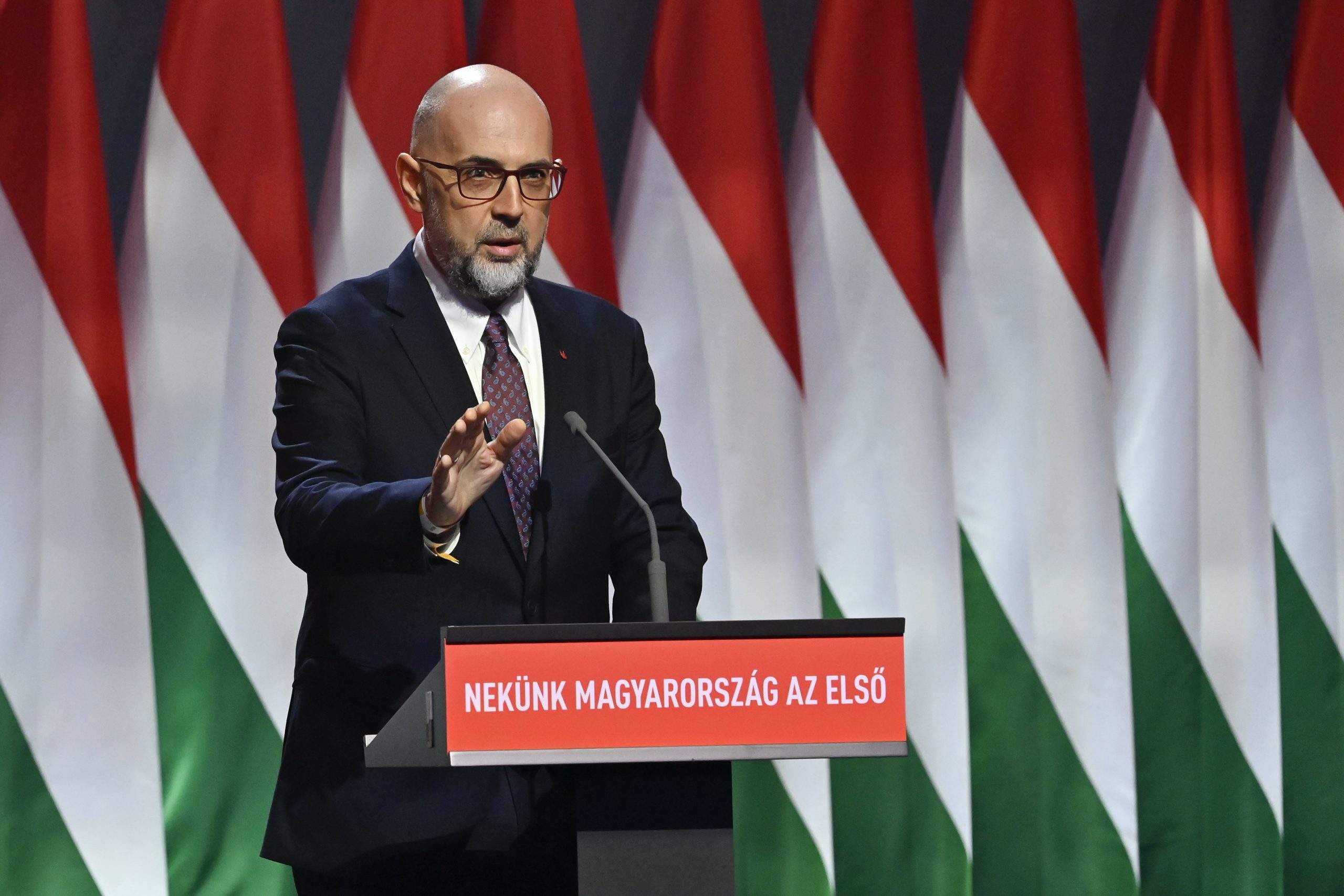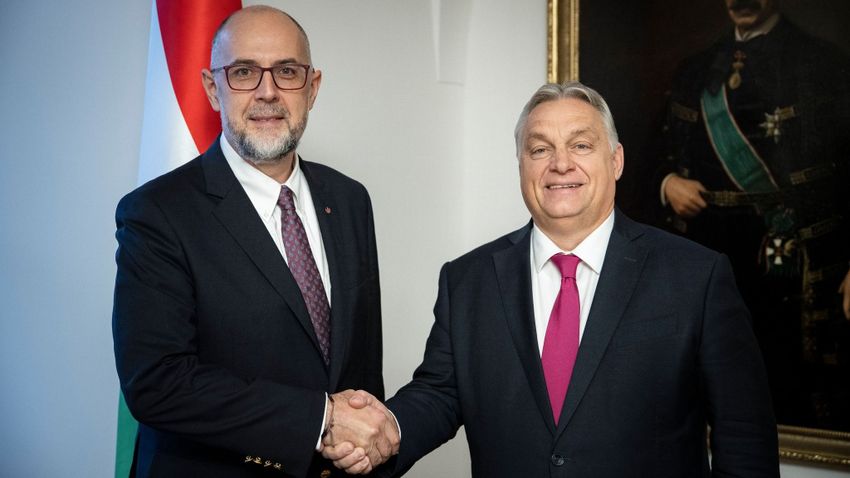Hunor Kelemen with Viktor Orbán
One of the biggest challenges for the post-Trianon Hungarian political elites is what to do with the nation’s fragmentation, and the fact that the 1920 peace dictate locked Hungarians into a ring of more or less hostile new countries. In the last hundred years, we have seen many approaches to the problem. The vision that Viktor Orbán articulated in 1998 has many intellectual, technical, and political dimensions, but one of the key questions is undoubtedly how the political parties in the motherland and the Hungarian organizations representing the seceded ethnic groups view each other, writes Magyar Nemzet.
The interview with former president of the Democratic Alliance of Hungarians in Romania (RMDSZ), Béla Markó, conducted by Márton Gulyás, explores the intricate relationship between the current governing party of Hungary, Fidesz, and RMDSZ, tracing its historical context and examining the challenges faced in uniting Hungarians across borders.
Despite Markó’s longstanding opposition to Fidesz,
the conversation offers insights into the complex dynamics between the two entities.
It delves into past incidents, such as his objection to Fidesz’s nominee in 1996, revealing historical tensions that have shaped their interactions.
The discussion spans the normalization of relations between 1998 and 2002, subsequent frostiness, and moments of disagreement, like Mr. Markó’s early envisioning of a progressive government in 2002. They also covered broader political details like the unrealized Hungarian Parliament of Transylvania.
Markó’s compatibility with the EU, his stance on issues like the border fence, and his rhetoric fitting European mainstream views are highlighted,
emphasizing his alignment with Brussels norms. The interview explores his perspectives on Fidesz, encapsulated in the interview’s title, reflecting his critical stance toward the Hungarian governing party.
The context of the ‘equal distance’ principle also enfolds, elucidating how it has shaped relations between RMDSZ and Hungarian political parties. Throughout, the dialogue reveals the nuanced dynamics and historical intricacies influencing the relationship between Fidesz and RMDSZ, offering a comprehensive exploration of the challenges and complexities inherent in fostering Hungarian unity beyond borders.
The Transylvanian party’s national policy emphasizes
preserving and developing Hungarian identity, language, and traditions, as well as integrating Hungarians
in the Carpathian Basin. Markó, the former president, acknowledged a pragmatic alignment with Fidesz, keeping up normalized relations. His handover of the presidency to Hunor Kelemen aimed at overcoming obstacles in the relations of the two parties, now having limited ties with the mainland opposition.
Despite deviations from the ‘principle of equal distance,’ Markó’s diagnosis recognizes a shift toward Fidesz orientation since 2014, yielding advantages for both parties. Financial, moral, and political support from the Hungarian government benefits RMDSZ, yet autonomy goals may remain campaign slogans.
Related article
RMDSZ Leader: Transylvanian Hungarians Support Fidesz's Policies for Ethnic Hungarians Abroad
Kelemen said the two-thirds majority victory is important because it lents the Orbán government strong legitimacy in a difficult period.Continue reading
Via Magyar Nemzet; Featured Image: MTI/Miniszterelnöki Sajtóiroda/Fischer Zoltán

